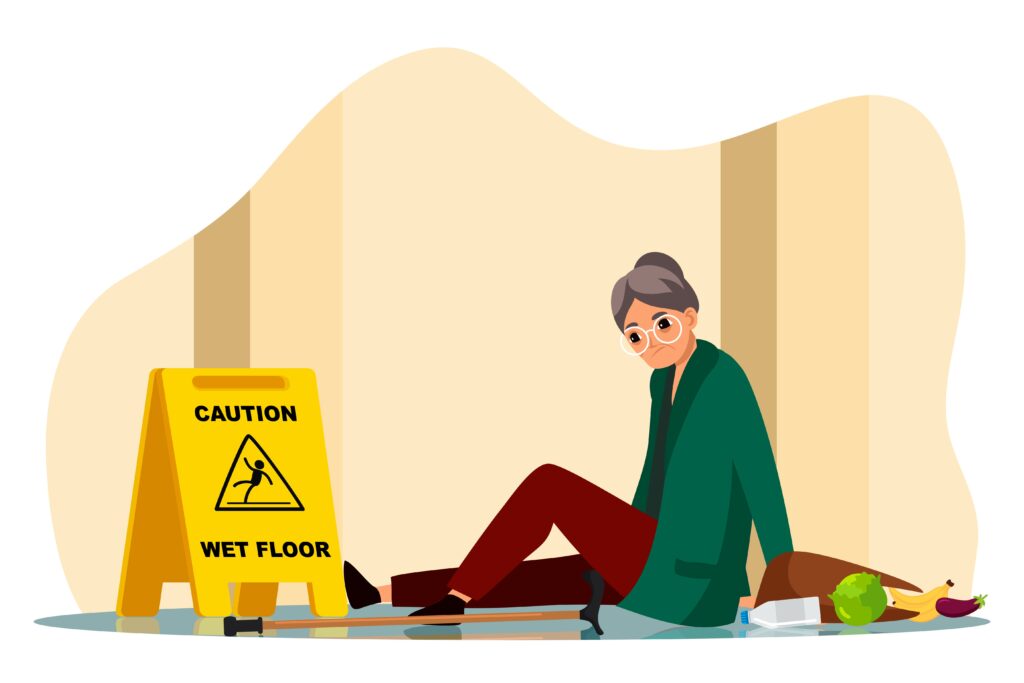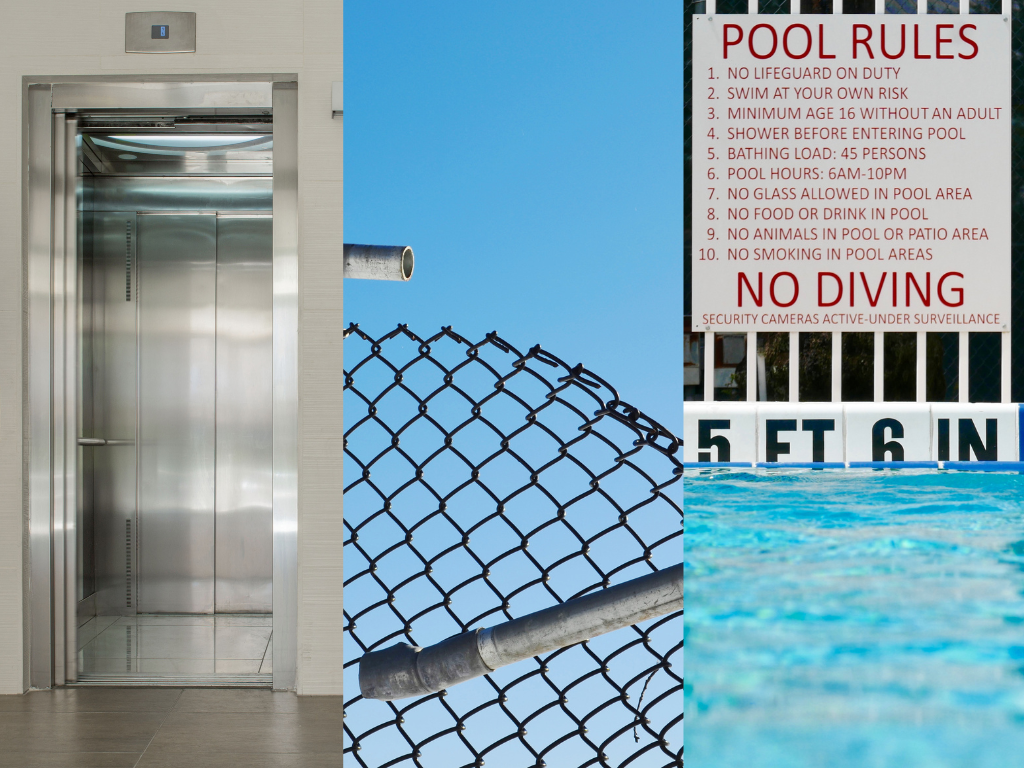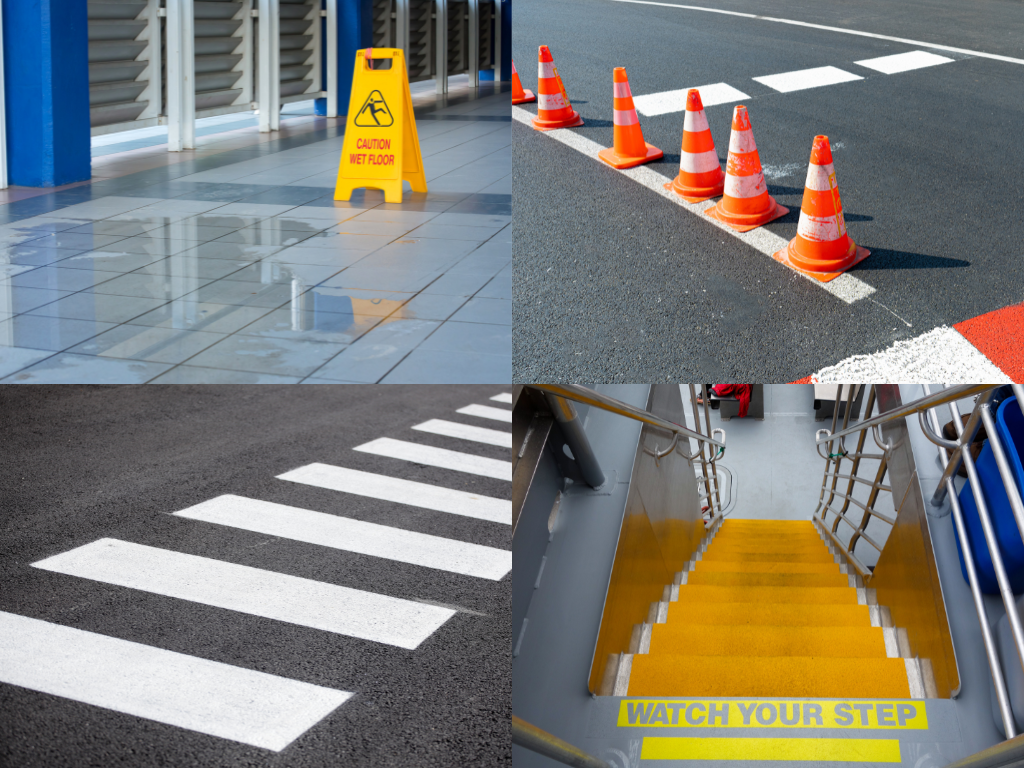Texas Premises Liability Explained: Key Facts & Tips
Introduction to Texas Premises Liability Law
Understanding the Basics of Premises Liability in Texas
When someone gets hurt on another person’s property in Texas, premises liability law is what decides if the owner is responsible. This law is about making sure properties are safe for everyone. If an injury happens because a place wasn’t taken care of properly, the owner might have to pay for the hurt person’s loss or damages.
Navigating the 2024 Legal Landscape
In 2024, navigating Texas Premises Liability Law might seem tricky, especially with recent changes and updates to consider. It’s critical to understand the current legal expectations and how they might affect a case involving an injury on someone else’s property. Staying informed and seeking expert guidance when needed helps ensure that one’s rights are protected throughout the legal process.
Key Elements of Premises Liability Claims
The Duty of Care Explained
The duty of care is a legal term that describes what property owners must do to keep their property safe for others. In Texas, how much care a property owner must exercise depends on who is visiting and why. They must do more to protect a shopper in a store than someone who wanders onto their land without permission. The law is there to make sure everyone knows what to expect, so people don’t get hurt just because a place was unsafe.
Types of Visitors and Associated Levels of Protection
In Texas, how much a property owner must do to keep visitors safe depends on what kind of visitor they are. This law views visitors in three categories: invitees, licensees, and trespassers.
An invitee is a person who enters a property with an express or implied invitation, often for business purposes – for example, a customer in a retail store. They receive the utmost care, as the owner is obliged to proactively manage hazards and ensure safety.
A licensee comes onto the property for social reasons, like a friendly gathering or a party. Property owners are required to warn licensees about any non-obvious perils that the owner is aware of.
A trespasser is an individual who steps foot on property without any sort of invitation or consent. Property owners owe the least duty of care to trespassers; however, they cannot willfully endanger them or create hazardous conditions to harm them intentionally.
Comprehending the nuances among these visitor types is vital, particularly when a personal injury claim arises due to an incident on someone’s premises.

Common Types of Premises Liability Cases
Slips, Trips, and Falls: A Closer Look
Slips, trips, and falls are common, yet significant reasons for premises liability claims in Texas. They often happen because of spills not cleaned up promptly, things carelessly left on walkways, or something’s not fixed, like broken railings or staircases. Property owners have a duty to keep their premises safe by promptly addressing these hazards. When they fail to do so and someone slips or trips, resulting in an injury, the owner could be held responsible for a premises liability accident. Knowing the potential hazards can help everyone be more vigilant and may guide them in taking the right steps following an accident.
Non-Slippery Situations: Other Examples of Premises Hazards
It’s not just slips and trips that can cause trouble. Many other hazards on a property could lead to accidents, such as swimming pool premises liability issues like pools without adequate fencing, gates, or pool coverings. With premises defects, owners have a legal obligation to ensure a safe environment, which also extends to the regular maintenance and signaling of potential hazards in elevators—crucial in preventing premises accidents. Other dangers could include broken equipment at an amusement park or even a dog that could bite. People expect to be safe when they visit someone else’s property, making it paramount for the owner to diligently meet that expectation.

Filing a Premises Liability Claim in Texas
Who Can File and When?
In Texas, if you’ve suffered a mishap due to unsafe conditions on someone else’s property, you may have grounds for a premises liability action. Most of the time, it’s the individual who suffered the premises liability injury claims that steps forward. However, should the injuries prove fatal, the deceased’s family may take the mantle to pursue litigation.
Timing is critical – you have a mere two years from the date of the Texas premises liability accident to initiate legal proceedings. Overlook this statute of limitations, and your ability to seek justice could lapse irretrievably. To prevent such a scenario, it’s imperative to consult with a legal expert soon after your accident. This approach ensures your rights remain intact and your case is actioned within the established timeframe.
The Process for Seeking Legal Recovery
If you want to ask for money after getting hurt on someone else’s land or building, the steps are mostly the same. First, let the owner or the person looking after the place know what happened. Next, you should gather proof like photos of the place where you got hurt and names of people who saw it. Talking to a lawyer who knows about these kinds of cases can really help. They can talk to insurers for you, put all your evidence together, and take your case to court if needed. Their goal is to get you a fair amount to cover things like doctor bills, lost pay from missing work, and any pain you’ve been through.
Defending Against Premises Liability Claims
Frequent Defenses Employed by Property Owners
Property owners in Texas have some common defenses they use when facing premises liability claims. They often say the person who got hurt should have been more careful or knew about the risk but ignored it. They might use a rule called “comparative negligence” to say it’s partly the injured person’s fault and try to pay less money.
Another defense is the “open and obvious” rule. This means if the danger was clear for everyone to see and the person still got hurt, the owner might not be to blame. Sometimes, they might say the injured person knew about the risk and still took a chance, which is known as “assumption of risk.”
Each of these defenses can change the result of a case, so it’s important for both sides to understand them.
The Role of ‘Open and Obvious’ Conditions in Disputes
In Texas, the ‘Open and Obvious’ rule can play a big part in legal fights about who’s at fault when someone gets hurt on a property. This rule says that if an average person could have noticed and avoided the danger, then the owner might not be responsible for any injuries that happen.
For instance, if there’s a big wet spot on the floor with a warning sign next to it, this is considered open and obvious. The person who enters the area should see the sign, understand the risk, and be careful to avoid slipping. But, if the danger is hard to see, like a small step that blends into the floor, then it might not be considered open and obvious.
Understanding this rule helps determine who could be at fault in these cases and affects how they play out in court.

Recent Changes and Considerations in 2024
Impact of State-wide Legal Amendments
As of 2024, any changes to Texas laws can impact how premises liability cases are handled. Amendments might adjust the duties of property owners, change how blame is shared between owners and injured parties, or reshape the way cases are brought to court. It’s vital to stay up-to-date because these changes can figure out if you can ask for money after an accident or how much you might get.
Make sure you or your lawyer keep an eye on new legislation to make the best moves for your situation.
Covid-19’s Influence on Premises Liability Incidents
The Covid-19 pandemic brought new twists to premises liability law in Texas. Properties had to follow health guidelines, like social distancing and cleaning, to keep visitors safe. If they didn’t and somebody got sick, they might be responsible.
But proving someone got Covid-19 from a specific place can be hard, so these claims are pretty complex. Texas has also made some laws that protect businesses from these kinds of claims if they tried to stop the virus from spreading.
This situation is still developing, and the full effects on premises liability law might keep changing as we understand more about the virus and public safety.
FAQ: Frequently Asked Questions about Texas Premises Liability Law
What is considered premises liability under Texas law?
Under Texas law, premises liability happens when someone gets hurt because a property wasn’t kept safe. This includes slips and falls, poor building upkeep, or not warning about dangers. If the owner didn’t fix or warn about something risky, they might have to pay for injuries.
How long do you have to file a claim in Texas?
You have two years from the date you got hurt to file a premises liability claim in Texas. This time limit is really important to follow, or you could lose the chance to ask for payment for your injuries.
Are landlords liable for injuries on their property in Texas?
Yes, landlords can be liable for injuries on their property in Texas, especially if they didn’t fix a problem or warn tenants about potential dangers that they knew or should have known about.
Can comparative negligence affect your premises liability case?
Yes, comparative negligence can affect your case in Texas. If you’re partly at fault for your injury, your compensation might be reduced by the percentage of your fault. So, if you’re 20% responsible, you could get 20% less money for your claim.
All we do is fight for injured victims. And we do not accept defeat.
(512) 996-6369
help@dfoxlaw.com
Address
206 W. Main Street #108, Ste B, Round Rock
TX 78664
